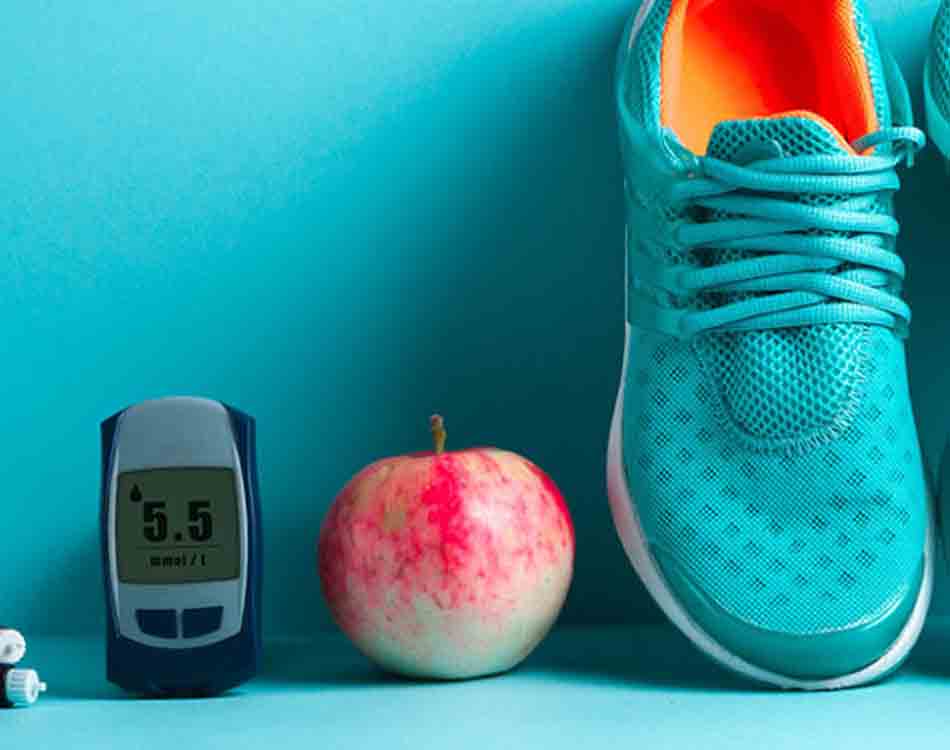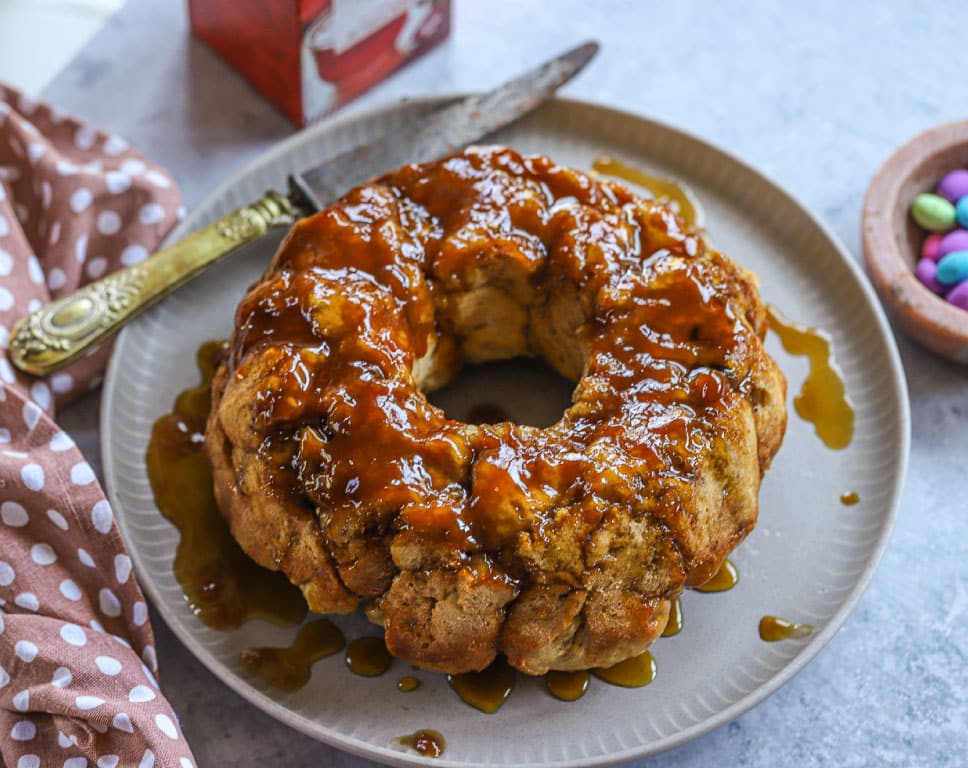Diabetes has emerged as a factor (or comorbidity) that places COVID-19 sufferers at greater risk, as do obesity and hypertension.
The concern is that at least a third of South Africans already have prediabetes. And many may not even know it, which places them at greater risk of more serious COVID-19 cases.
Time to turn the diabetes epidemic around
If there’s one thing the coronavirus pandemic is teaching us, it’s that we’re capable of making dramatic changes when we need to.
Diabetes is the leading killer of women in South Africa, according to information from Stats SA. It can also lead to blindness, amputation, heart disease. But it doesn’t have to be a lethal condition if you’re aware of it and can treat it
The recently released South Africa Demographic and Health Survey 2016 shows that a high proportion of women (64%) and men (66%) are prediabetics (adjusted HbA1c level of 5.7%-6.4%).
What is prediabetes?
The World Health Organization (WHO) defines a normal blood glucose level as 5.5mmol/l or less. A reading of 7mmol/l and above is considered diabetic.
Between these two points lies the prediabetic range: 5.5 to 7mmol/l.
The good news is that if you have prediabetes, you can make diet and lifestyle changes and bring blood sugar levels back within the normal range. This dramatically reduces the risk of developing Type 2 diabetes. But only if you know you have it!
According to the WHO, 80% of diabetes cases, 80% of heart disease and 40% of cancer could be prevented by avoiding tobacco, increasing physical activity and adopting a healthy diet.
It is globally recognised that, in the case of Non-Communicable Diseases (NCDs), especially diabetes, prevention through lifestyle changes are critical and cost-effective
Prediabetes is basically an advanced warning sign that your body needs some help to prevent a chronic condition.
You can test your blood glucose levels and receive diabetic care and dietary advice at Dis-Chem Wellness Clinics. And you can find out more about living well with diabetes by visiting Sweet Life on www.sweetlife.org.za or Diabetic South Africans on Facebook.















